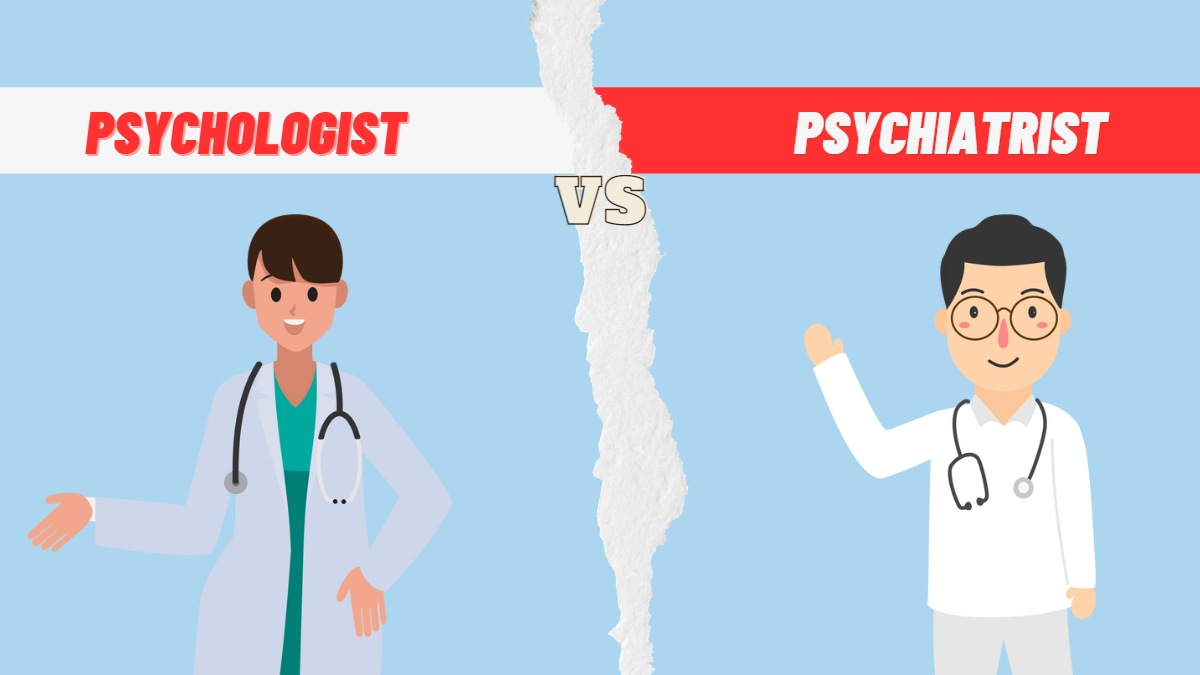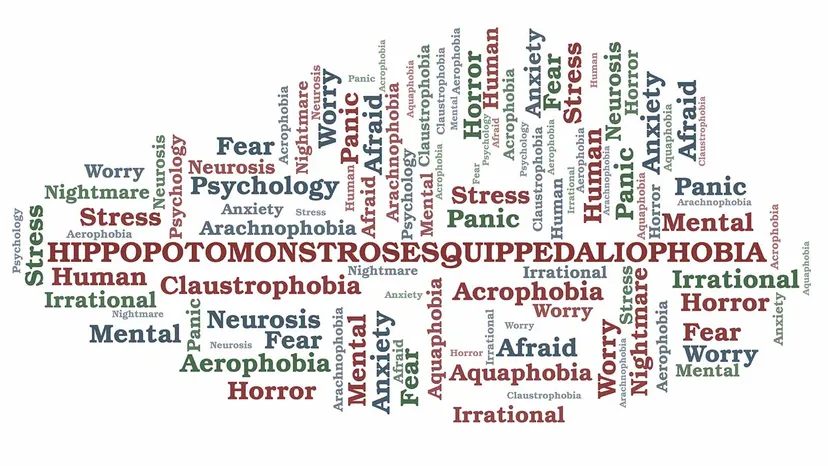Overcoming Anger: Tips on How to Fix Anger Issues
Are you struggling with anger issues and finding it difficult to manage your emotions? You’re not alone. Anger can be a challenging emotion to navigate, but with the right guidance and techniques, you can gain control over your anger and lead a more peaceful life.
In this comprehensive guide, we will discuss practical tips and effective strategies for managing anger and overcoming anger issues.
From understanding the roots of anger to exploring physical techniques, enhancing communication skills, practicing mindfulness, and knowing when to seek professional help, we’ll provide you with valuable insights and actionable steps to address and manage your anger effectively.
Let’s join us on this journey towards a calmer and more fulfilling life.
Understanding the Roots of Anger
Anger is a complex emotion that can have various underlying causes. By gaining a deeper understanding of these roots, individuals can effectively manage and address their anger issues. Let’s explore the psychology behind anger, common anger triggers, and the impact of past traumas or unresolved issues.
Anger often arises from a combination of internal and external factors. Internally, it can stem from feelings of frustration, disappointment, or hurt. External triggers can include situations that threaten our sense of control, boundaries, or values.
Past traumas or unresolved issues can also significantly contribute to anger. These may include experiences of abuse, neglect, or loss, which can create deep-seated emotional wounds. Unresolved conflicts or grievances can also keep anger simmering beneath the surface.
By identifying the specific triggers and underlying causes of anger, individuals can develop targeted strategies for effective anger management. Recognizing patterns and gaining self-awareness is a crucial step towards breaking the cycle of anger and responding in healthier ways.
Identifying Common Triggers of Anger
Certain situations and experiences can act as triggers for anger. In this section, we’ll discuss common triggers that individuals may encounter in personal relationships, workplace stress, and past traumas. Understanding these triggers is essential for effectively managing anger and developing healthier responses.
Personal Relationships and Conflict
Personal relationships can often become a source of frustration and anger. Conflicts with family members, friends, or romantic partners can trigger intense emotions and lead to outbursts of anger.
It is important to address these conflicts through open and honest communication, active listening, and seeking compromise. Developing healthy communication skills and practicing empathy can help diffuse tense situations and minimize anger triggers in personal relationships.
Workplace Stress and Frustrations
The workplace can be a breeding ground for stress and frustrations, which can contribute to anger issues. Deadlines, high workloads, conflicts with colleagues, and a lack of control over one’s job can lead to feelings of anger and irritability. Employing stress-management techniques, such as proper time management, setting boundaries, and seeking support from supervisors or colleagues, can help alleviate workplace stress and reduce anger triggers.
Past Traumas and Unresolved Issues
Past traumas and unresolved issues can linger in our minds and impact our emotional responses, including anger. Traumatic experiences, such as abuse or loss, can leave individuals with deep-seated anger and resentment.
Addressing past traumas through therapy, counseling, or support groups is essential for healing and preventing anger triggers. By working through unresolved issues and developing healthy coping mechanisms, individuals can reduce the intensity of their anger and find emotional relief.
Physical Techniques for Controlling Anger
Controlling anger can be challenging, but incorporating physical techniques into your daily routine can help you manage and alleviate anger effectively.
- Deep breathing exercises are simple yet powerful tools for anger management. When you feel anger rising, take deep breaths, inhaling slowly through your nose and exhaling through your mouth. Focusing on your breath helps calm your mind and body, reducing the intensity of anger in the process.
- Physical activities like yoga and martial arts offer both physical and mental benefits for anger management. Yoga combines gentle stretches, breathing exercises, and meditation to promote relaxation and self-awareness. Martial arts, on the other hand, provides an outlet for physical expression and can teach discipline and self-control, reducing anger triggers over time.
- Relaxation techniques, such as progressive muscle relaxation or guided imagery, can help in reducing anger. Progressive muscle relaxation involves tensing and then relaxing different muscle groups, releasing tension and promoting a sense of calm. Guided imagery involves visualizing peaceful and calming scenes, redirecting your focus away from anger.
Experiment with different techniques to find what works best for you, and remember to continue practicing them consistently for long-term anger management.
Enhancing Communication Skills to Reduce Anger
Effective communication is crucial in reducing anger and resolving conflicts. By developing and honing their communication abilities, individuals can establish better connections and convey their needs and boundaries more effectively.
Active Listening for Conflict Resolution
Active listening is an essential skill for conflict resolution. It involves fully engaging with the speaker, focusing on their words, tone, and body language. By actively listening, individuals can gain a deeper understanding of the underlying issues and concerns, facilitating effective problem-solving and reducing the likelihood of anger escalation. Techniques such as paraphrasing, clarifying, and summarizing can further enhance active listening and promote empathetic communication.
Non-Violent Communication Techniques
Non-violent communication techniques provide a framework for expressing emotions and addressing conflicts without resorting to aggression or blame. This approach emphasizes empathy, understanding, and mutual respect.
By utilizing techniques such as “I” statements, expressing feelings and needs, and practicing empathetic listening, individuals can create a safe and supportive environment for effective communication. Non-violent communication techniques can help de-escalate anger and foster collaborative solutions.
Assertiveness Over Aggressiveness
In expressing needs and setting boundaries, assertiveness is key. It involves confidently and respectfully asserting one’s thoughts, feelings, and rights without disregarding or infringing upon the rights of others.
Assertiveness promotes open and honest communication, allowing individuals to address conflicts proactively and find mutually agreeable solutions. By choosing assertiveness over aggressiveness, individuals can reduce anger triggers and maintain healthy relationships based on respect and understanding.
Mindfulness and Long-Term Anger Management
Mindfulness practices can play a significant role in long-term anger management. By incorporating mindfulness techniques into daily life, individuals can cultivate self-awareness, regulate their emotions, and develop a more responsive approach to anger, rather than reacting impulsively.
Mindfulness involves being fully present in the moment, paying attention to one’s thoughts, feelings, and bodily sensations without judgment. This awareness allows individuals to recognize the initial signs of anger and choose how to respond consciously.
There are several mindfulness exercises that can be practiced:
- Deep breathing: Taking slow, deep breaths can help calm the mind and body during moments of anger.
- Body scan: Bringing attention to each part of the body can promote relaxation and reduce tension associated with anger.
- Meditation: Regular meditation practice can improve emotional regulation and increase overall well-being.
- Mindful eating: Paying attention to the flavors, textures, and sensations while eating can foster a mindful approach to nourishment and reduce stress-related eating.
By integrating mindfulness into daily life, individuals can develop long-term anger control and create a harmonious balance between their emotions and reactions. Consistency and patience are key in this transformative journey towards long-term anger management.
When to Seek Professional Help for Anger Issues
While self-help strategies can be effective for managing anger, there are situations where seeking professional help is necessary. In this section, we’ll explore different options for professional assistance, including therapy and counseling services.
Therapy and Counseling Options
Professional therapists and counselors can provide invaluable guidance and support for individuals struggling with anger issues. Through therapy sessions, individuals can gain deeper insights into the root causes of their anger, develop healthy coping mechanisms, and learn effective strategies for anger management. Therapists and counselors can tailor their approaches to address individual needs, helping individuals navigate their emotions and improve their overall well-being.
Support Groups and Peer Networks
Support groups and peer networks offer a unique form of assistance and understanding for individuals dealing with anger issues. By connecting with others who have similar experiences, individuals can find empathy, validation, and practical advice in a non-judgmental environment.
Support groups provide a platform for sharing personal stories, learning from different perspectives, and exploring effective techniques for anger management. Peer networks offer ongoing support and a sense of community, fostering a sense of belonging and mutual encouragement.
Online Resources and Digital Tools
In today’s digital age, there is a wide range of online resources and digital tools available to support individuals in managing their anger.
| Resource | Description |
| Online Therapy Platforms | Provides access to licensed therapists via video calls or messaging for convenient and confidential support. |
| Anger Management Apps | Offers tools, techniques, and exercises to help individuals track, understand, and manage their anger. |
| Virtual Support Groups | Allows individuals to connect with peers facing similar challenges and share experiences in a supportive online community. |
| Online Workbooks and Courses | Provides self-paced learning materials and practical exercises for anger management and emotional regulation. |
How to Fix Anger Issues Through Lifestyle Adjustments
Lifestyle adjustments play a crucial role in effectively managing anger. By making certain changes in our daily routines and habits, we can significantly improve our emotional well-being and anger control.
Adopting a Healthier Diet and Exercise Regimen
A healthy diet and regular exercise have been proven to have a positive impact on emotional well-being. When it comes to anger management, fueling our bodies with the right nutrients and engaging in physical activities can contribute to a calmer state of mind.
A diet rich in whole grains, lean proteins, fruits, and vegetables provides the necessary nutrients for brain function and mood regulation. Incorporating exercise into our daily routine not only improves physical health but also helps to release tension and reduce stress, both of which can contribute to anger outbursts.
Balancing Work and Personal Life
In today’s fast-paced world, finding a balance between work and personal life is essential for managing stress and preventing anger triggers. It’s important to set boundaries and prioritize self-care.
Taking time for leisure activities, spending quality time with loved ones, and engaging in hobbies and interests can help in reducing work-related stress and promoting emotional well-being. By creating a healthy work-life balance, we can minimize the buildup of frustration and anger in our daily lives.
Conclusion
To overcome anger issues and lead a more peaceful and fulfilling life, it is crucial to understand the roots of anger. By gaining insight into the underlying causes and triggers, individuals can take targeted steps towards anger management.
Physical techniques can help release and alleviate anger in difficult moments. Additionally, enhancing communication skills can contribute to reducing anger and resolving conflicts. By implementing these strategies and approaches, individuals can effectively manage their anger, cultivate a calmer demeanor, and experience a more fulfilling life.










